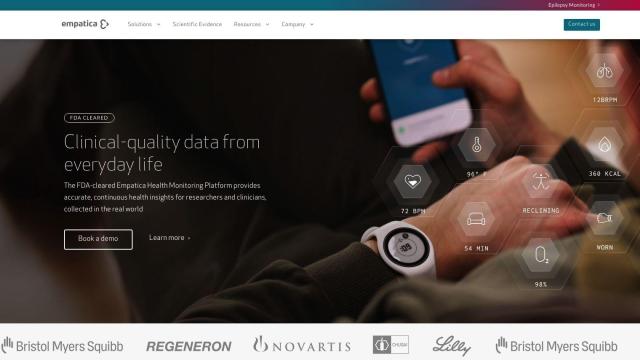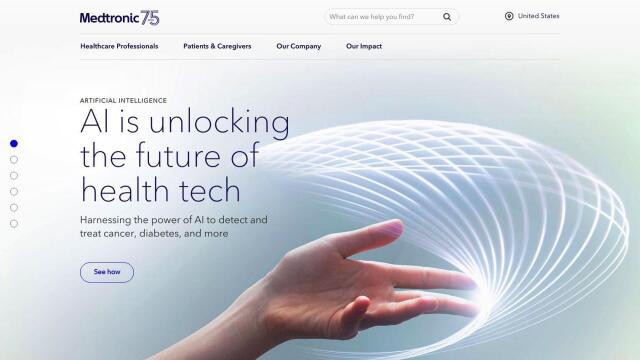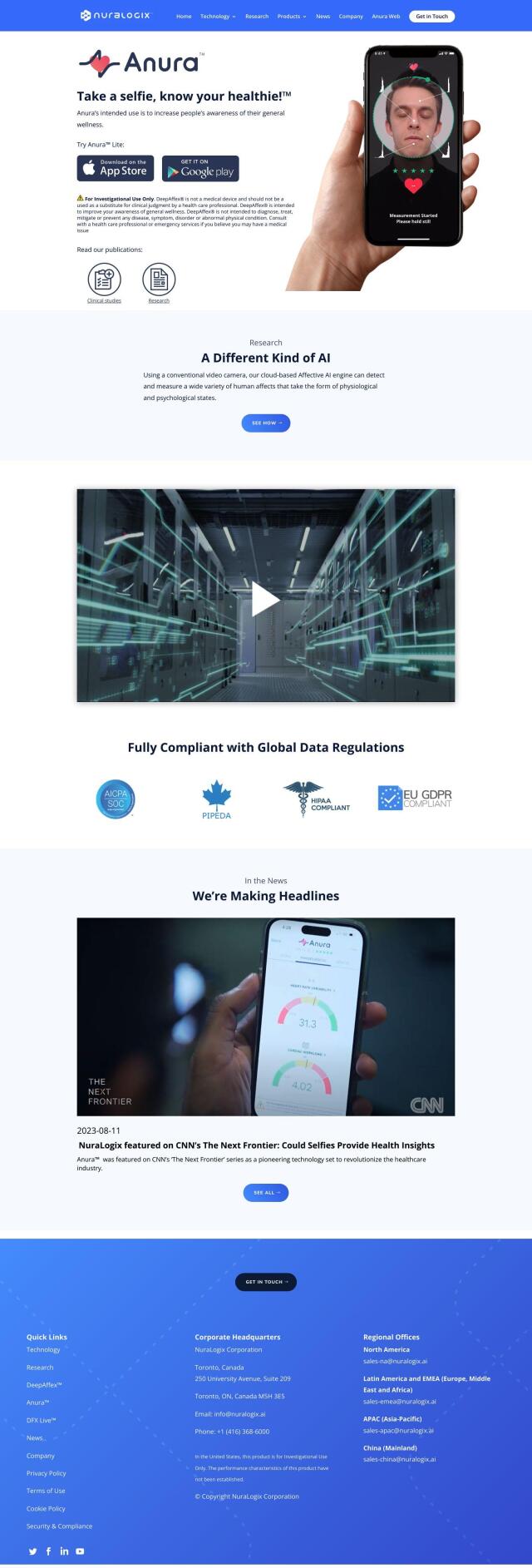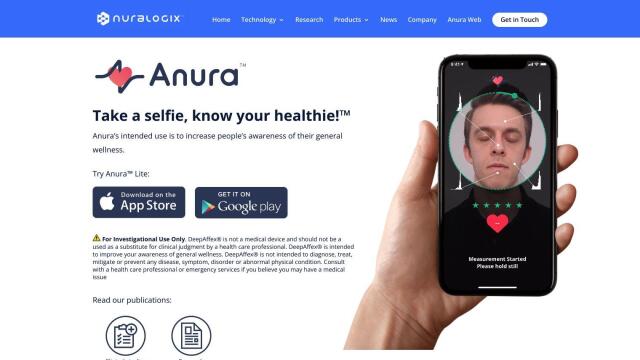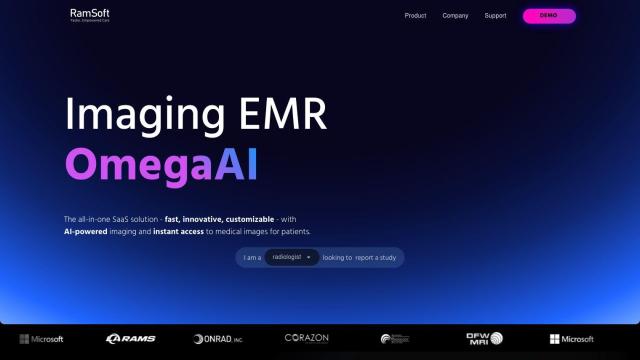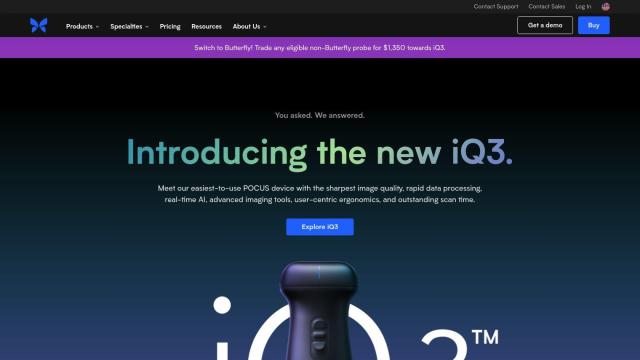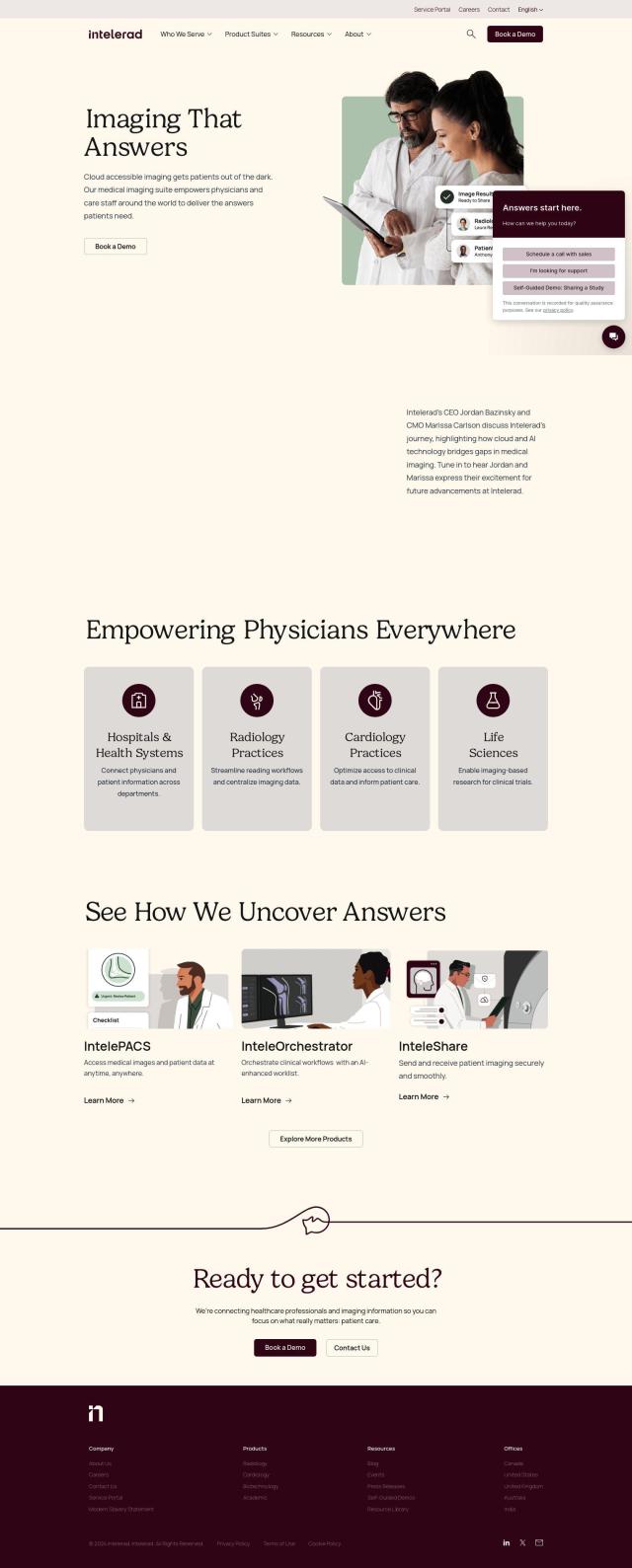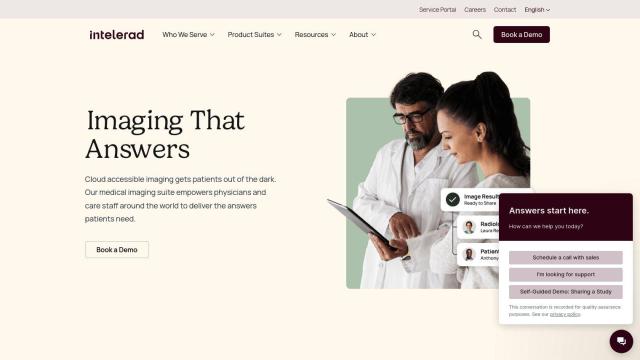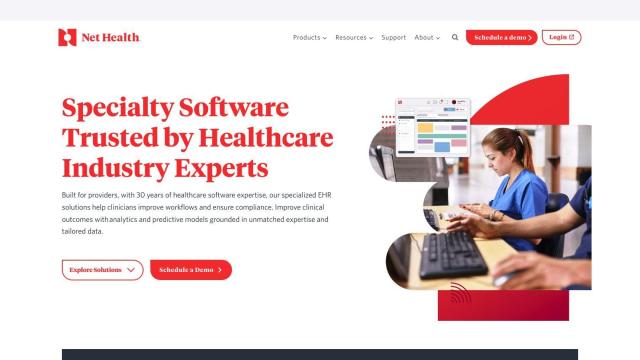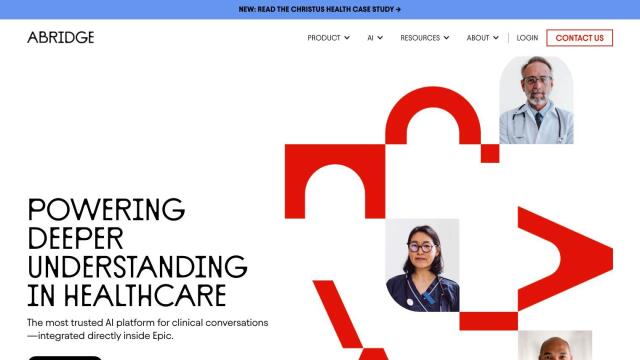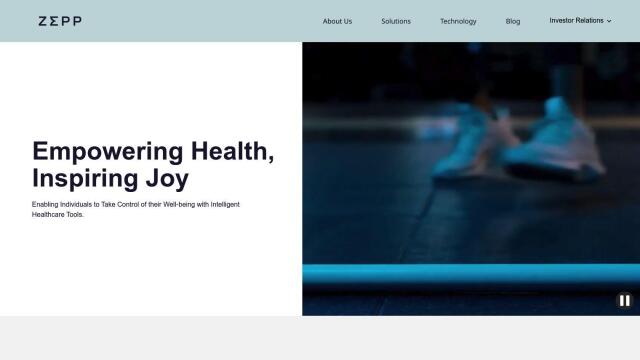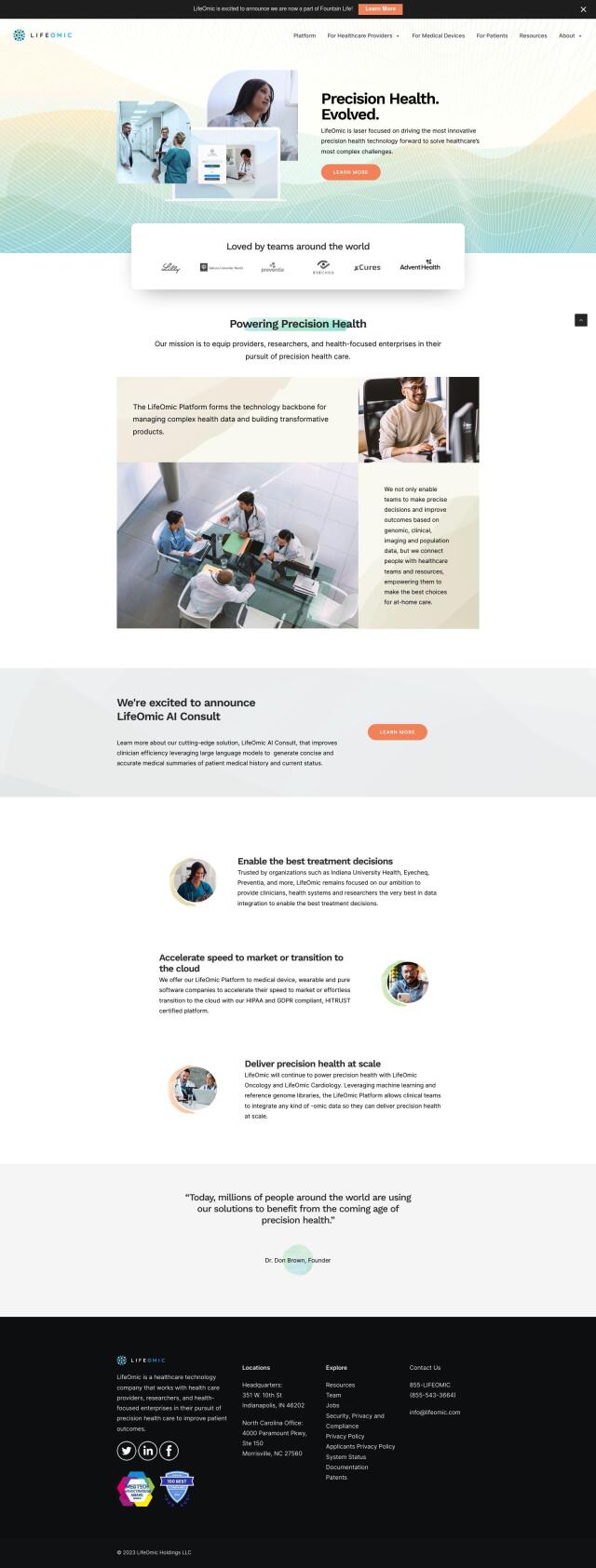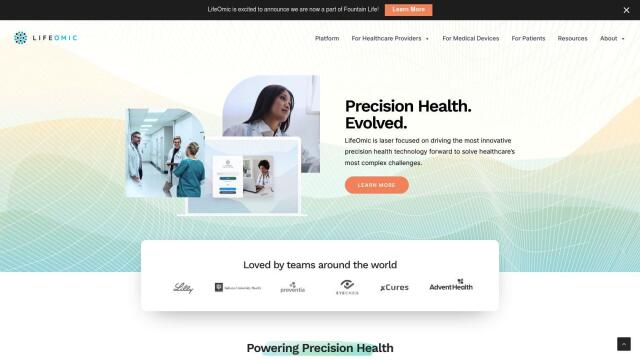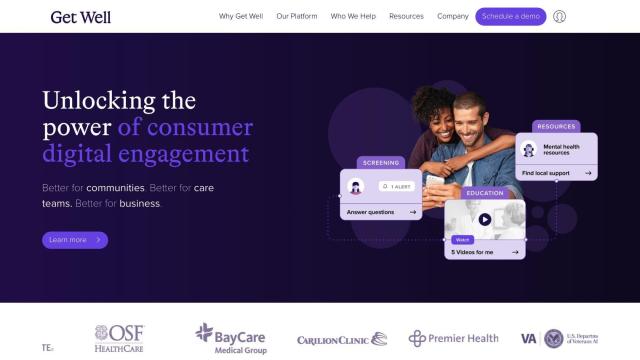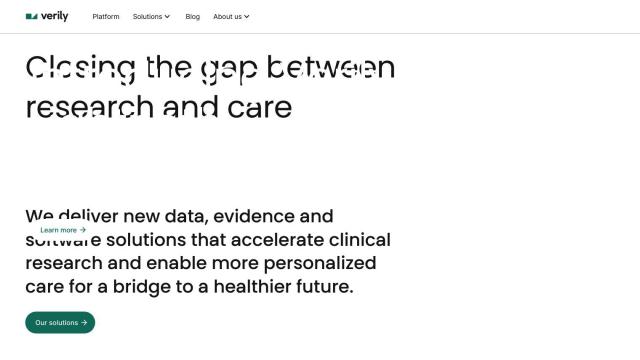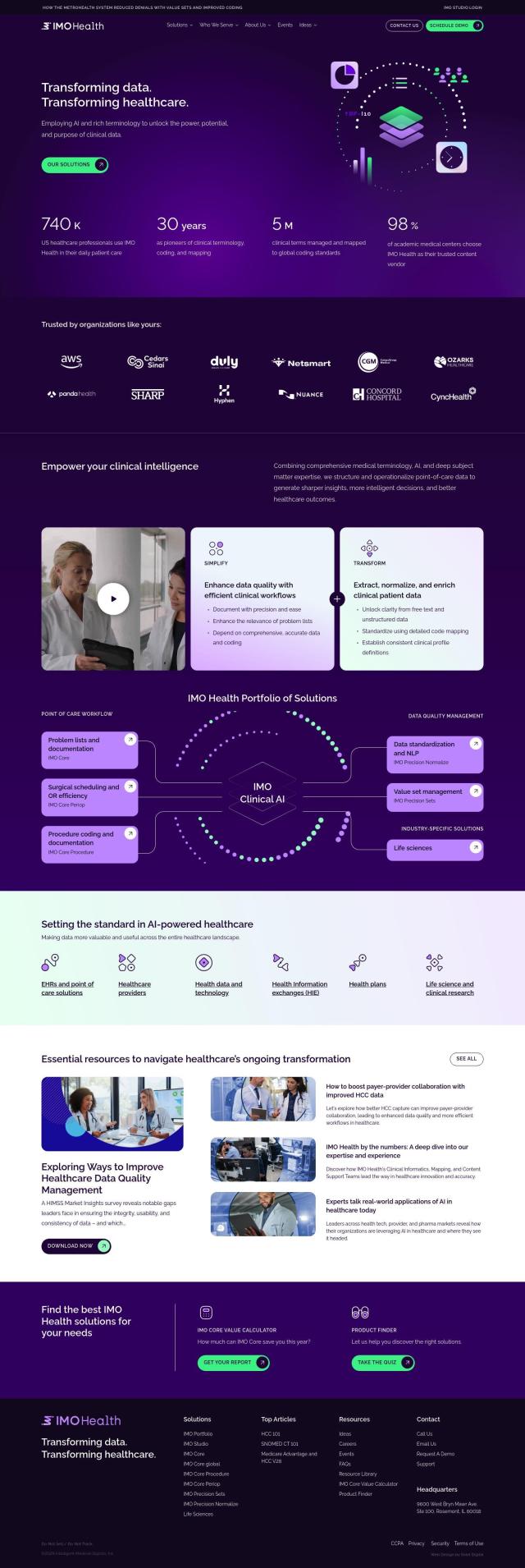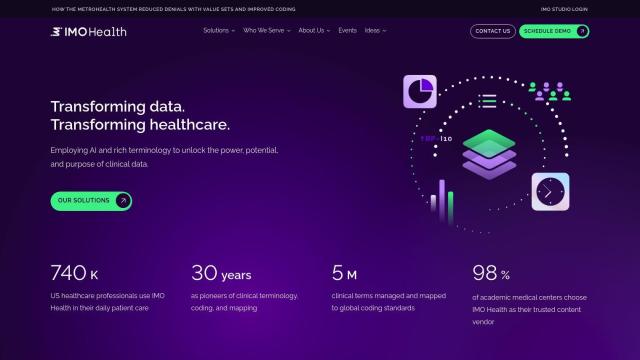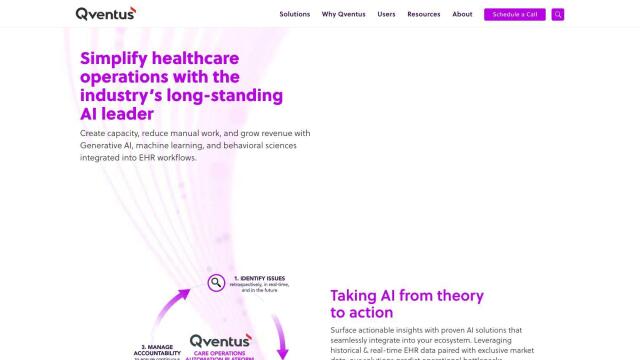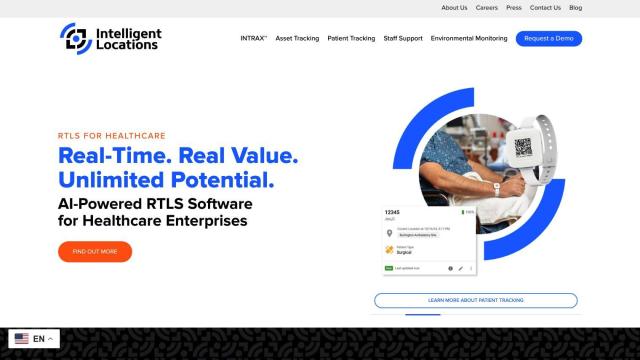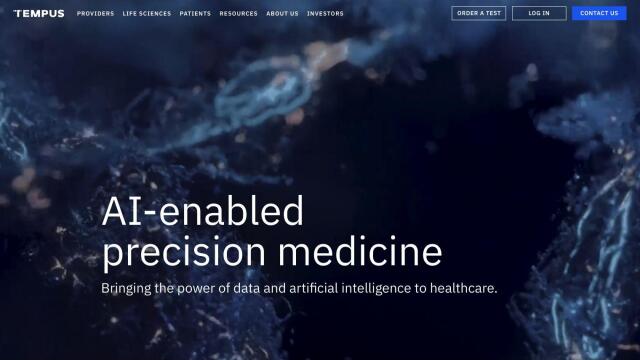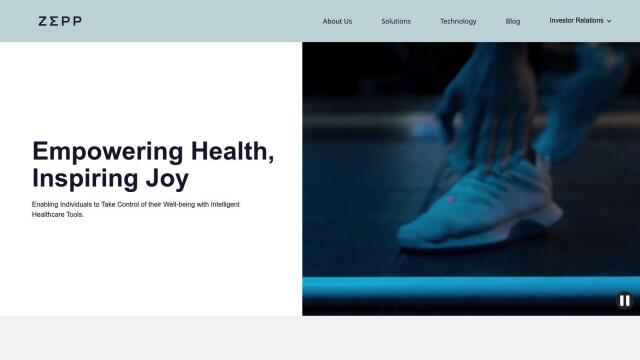Question: Is there a cardiac monitoring system that can be used for post-operative care, such as post-TAVR and post-stroke monitoring, to ensure comprehensive care?

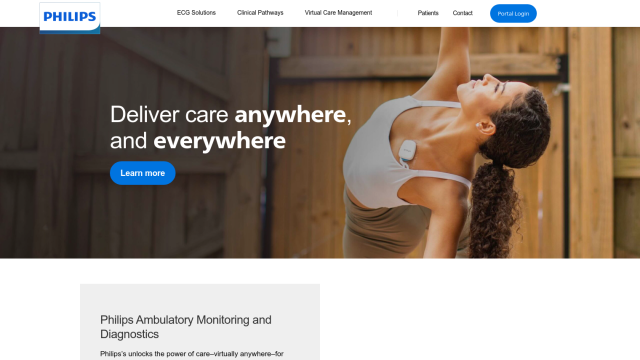
Philips Mobile Cardiac Telemetry — MCOT
For detailed post-procedure monitoring, in particular for TAVR and stroke, Philips Mobile Cardiac Telemetry (MCOT) is a strong option. MCOT offers near real-time arrhythmia analysis with high accuracy and supports a range of monitoring methods, including patches and lead wires. It's geared specifically for patients being monitored after TAVR, stroke and post-AF ablation, and includes a telehealth component for remote patient monitoring.

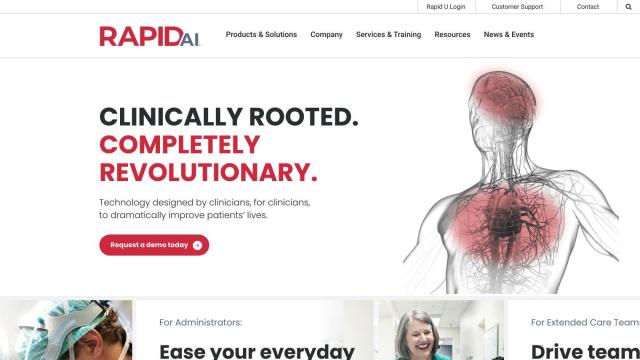
RapidAI
Another option worth considering is RapidAI, which uses AI to help improve patient outcomes in neurovascular and vascular care through diagnosis and treatment. It's geared for stroke and aneurysm care, but can also be used to extend the reach of care teams and automate workflows, making it a good option for more comprehensive patient care.

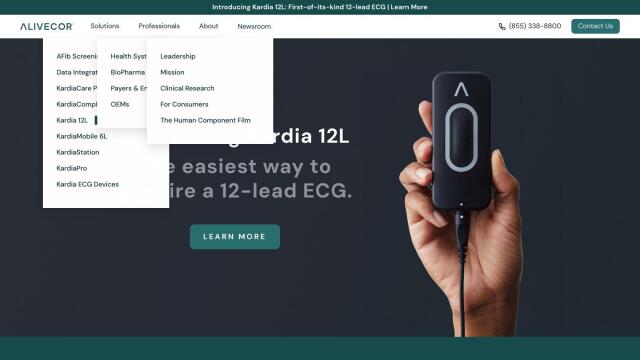
Kardia 12L
If you're looking for something more portable and AI-powered, check out Kardia 12L. This handheld ECG system uses AI to ensure accurate readings and minimize errors, making it a good option for trained medical staff. With the ability to record up to 8,500 ECGs on a single set of batteries, it's good for continuous monitoring in a variety of settings.

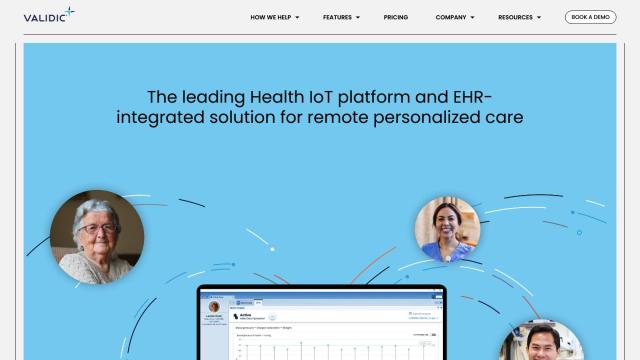
Validic
Last, Validic offers a broad Health IoT platform that integrates with EHR systems for remote personalized care. It can link a wide variety of health devices and apps to transform patient data into insights that help clinicians make decisions and improve patient outcomes. The platform can help automate clinical workflows and improve population health programs.

